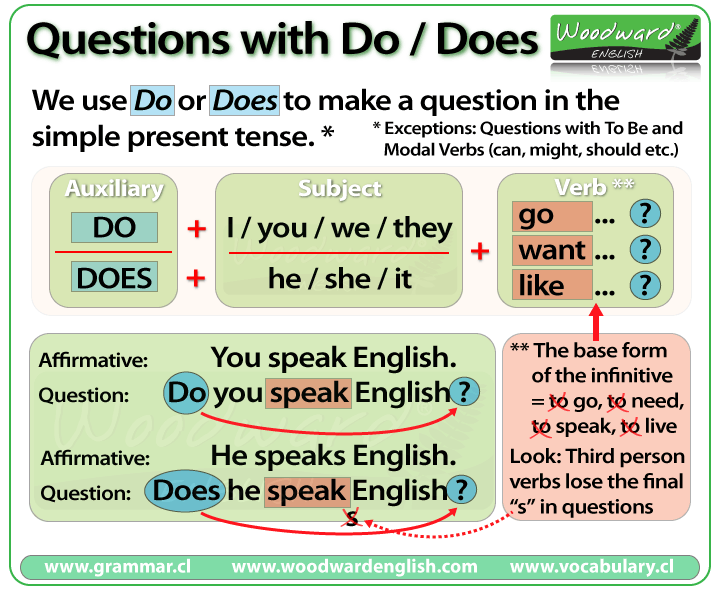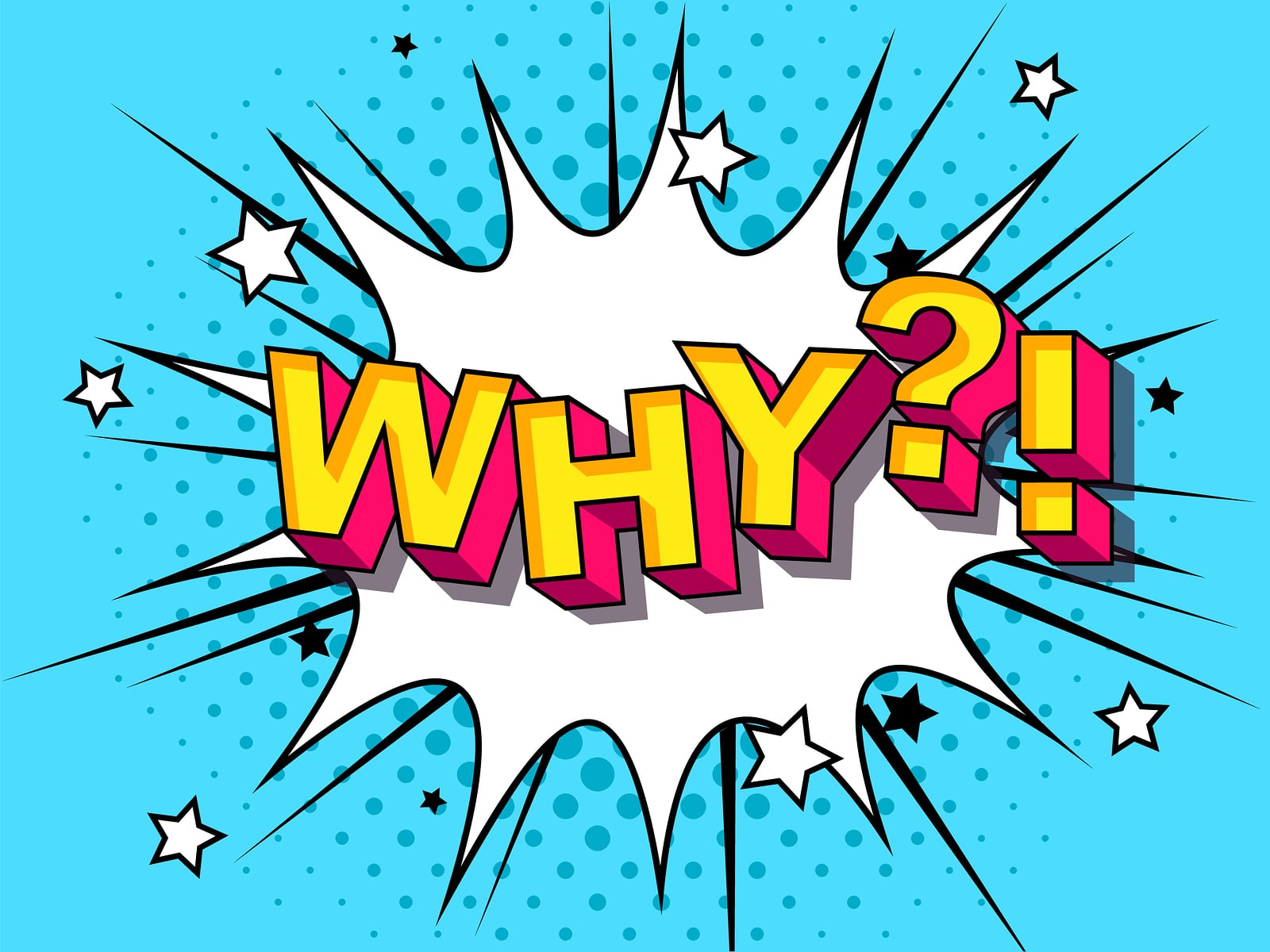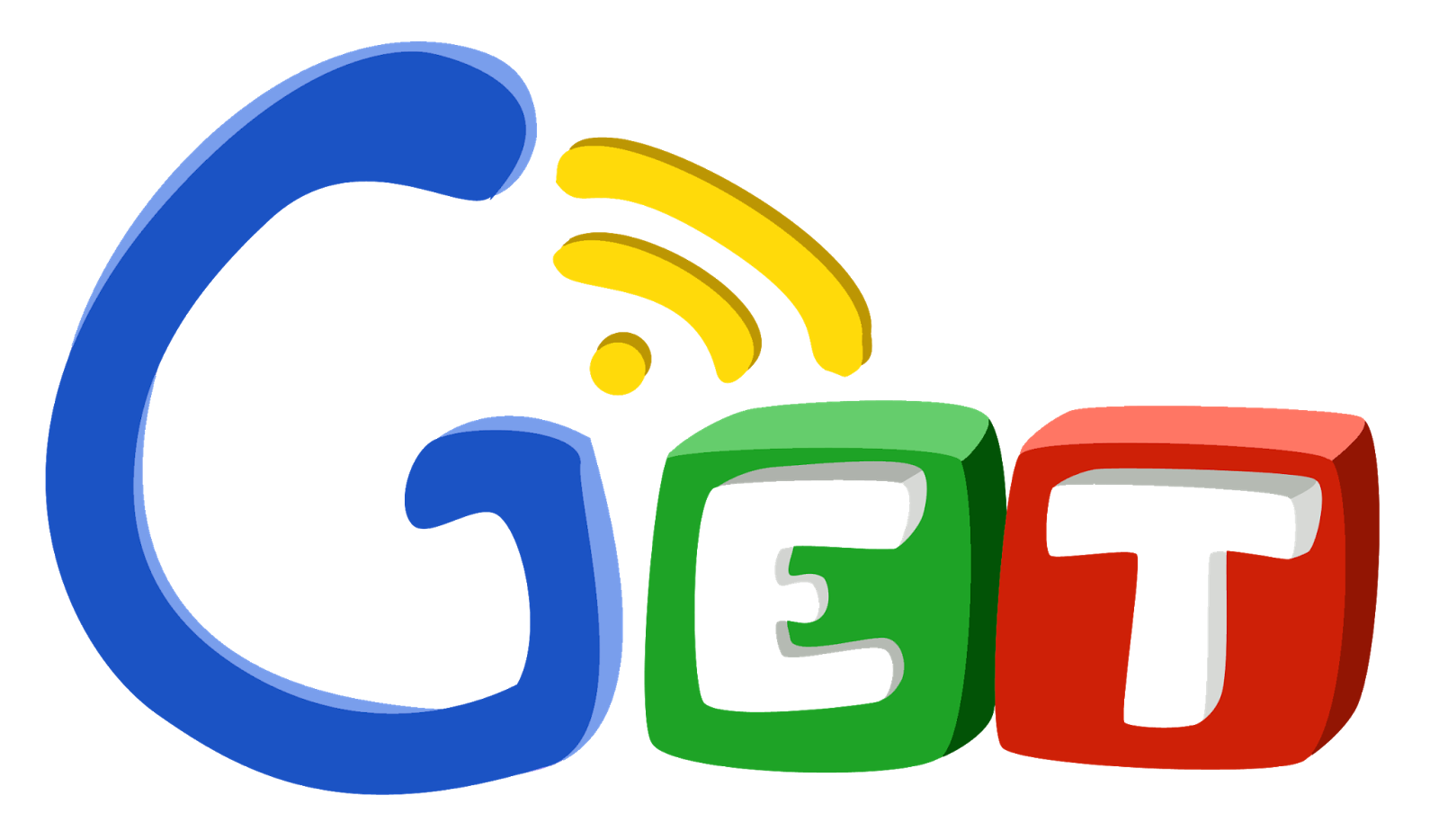Understanding Politics: Definition, Dynamics, and Real-World Impact
Introduction to Politics: Core Definitions and Perspectives
Politics is a complex and multifaceted concept that influences nearly every aspect of human society. At its core, politics refers to the activities, processes, and interactions by which groups of people make collective decisions, allocate resources, and assert power relations among individuals or factions [1] . While the term is often associated with government and public affairs, its scope extends to families, organizations, and even informal groups where decisions affect more than one person [5] . This article provides a comprehensive examination of what politics truly means, common definitions, practical implications, and guidance for engaging with political activities at various levels.
Key Definitions of Politics
The definition of politics varies significantly across disciplines and contexts:
- Decision-Making in Groups: Politics is the set of activities associated with making decisions in groups or among individuals, relating to power and the distribution of resources or status [1] .
- Art or Science of Government: Some definitions focus narrowly on politics as the conduct and management of public affairs or the operation of government institutions [2] .
- Conflict and Cooperation: Politics can be viewed as the process of negotiating rival interests, resolving conflicts, or cooperating to achieve shared goals [3] .
- Who Gets What, When, and How: Political scientist Harold Lasswell famously defined politics as the process that determines “who gets what, when, how”-a focus on the distribution of resources and opportunities [5] .
These definitions highlight both the broad and narrow views of politics. The narrow conception restricts politics to government and official institutions, while the broad view encompasses all interactions that influence collective decisions, including family, business, and community affairs [2] .
How Politics Operates in Real Life
Politics is not confined to legislatures or parliaments. It operates through a variety of methods and settings:
- Promoting Ideas and Negotiating: Individuals and groups advocate for their interests, negotiate with others, and seek to influence collective decisions.
- Making Laws and Policies: Elected officials and civil servants draft and implement laws that affect society.
- Exercising Power: Politics can involve the use of persuasion, authority, or even force to achieve desired outcomes [1] .
- Forming Parties and Coalitions: In modern states, political parties organize around shared beliefs and compete in elections to shape governance and policy direction.
For example, when a school board decides on curriculum changes, or a business negotiates labor contracts, these are political activities-shaped by competing interests, negotiation, and the exercise of power [5] .
Practical Steps for Engaging in Politics
Anyone can participate in politics, both formally and informally. Here are actionable strategies to get involved and influence political outcomes:
- Learn About Political Processes: Study how decisions are made in your community, workplace, or country. This may include attending local government meetings, following legislative developments, or understanding organizational hierarchies.
- Join or Form Groups: Political parties, advocacy organizations, or community groups provide platforms to advance shared interests. Membership is typically open to any individual who supports the group’s aims.
- Participate in Elections: Voting in local, national, or organizational elections is a direct way to influence outcomes. For information on upcoming elections, visit your local government or state election board website and search for “voter registration” or “election calendar”.
- Engage in Advocacy: Write to elected representatives, participate in peaceful demonstrations, or use social media to promote causes you care about. Many advocacy groups offer online resources and guidance-search for major organizations like the American Civil Liberties Union (ACLU) or League of Women Voters for more information.
- Educate Yourself: Reliable resources include official government portals (such as usa.gov), reputable news outlets, and academic publications. You can search for “political science basics” or “how government works” for foundational guides.
It’s important to note that access to political processes varies by country and organization. Some opportunities may require specific qualifications or memberships, while others are open to the public. Always verify eligibility and requirements through official channels.
Challenges and Solutions in Defining and Practicing Politics
Politics is often viewed cynically due to perceptions of conflict, partisanship, or corruption. However, its essence lies in the ability to resolve disputes, develop consensus, and make collective choices. Key challenges include:
- Disagreement Over Definitions: As highlighted, definitions of politics differ widely, which can lead to misunderstandings or exclusion of certain groups [2] .
- Access and Representation: Not everyone has equal access to political processes; marginalized groups may face barriers. Solutions include advocating for inclusive policies, supporting civic education, and promoting equal participation.
- Conflict Resolution: Politics is often about balancing competing interests. Employing negotiation, compromise, and dialogue can help resolve conflicts constructively.
Alternative approaches to political engagement include non-governmental activism, community organizing, and digital advocacy. Each method offers opportunities to shape outcomes beyond traditional governmental structures.
Real-World Examples and Applications
Consider these scenarios to illustrate the breadth of politics:

Source: theblock.co
- Local Governance: City councils decide on public spending priorities, balancing infrastructure needs against social services. Citizens can attend meetings, submit proposals, and vote in elections to influence these decisions.
- Corporate Politics: In businesses, managers negotiate budgets, set policies, and resolve employee disputes. Employees can participate through feedback channels, union representation, or internal committees.
- International Politics: Nations engage in diplomacy, trade agreements, or conflict resolution on the global stage. Individuals may participate by supporting advocacy campaigns or learning about international relations through verified educational resources.
Each example demonstrates that politics is present wherever collective decisions are made, and anyone can contribute by understanding the rules, realities, and choices involved [5] .
Summary: The Essence of Politics
In summary, politics is best defined as the process by which groups of people make decisions, resolve conflicts, and allocate resources or power in society. It is not limited to government; politics exists wherever collective choices are made. To engage effectively, individuals should educate themselves, participate in relevant groups, and utilize available resources to advocate for their interests.

Source: gracecov.org
For further learning, consult official government portals, reputable organizations, and academic sources for verified, up-to-date information on political processes and opportunities.
References
- [1] Wikipedia (2024). Politics – Overview and Definitions.
- [2] Modebadze, V. (2010). The Term Politics Reconsidered.
- [3] The British Academy (2020). What is politics?
- [4] Gabriel, J.M. (2017). Defining Politics as a Field of Study.
- [5] OpenStax (2022). Defining Politics: Who Gets What, When, Where, How, and Why?



